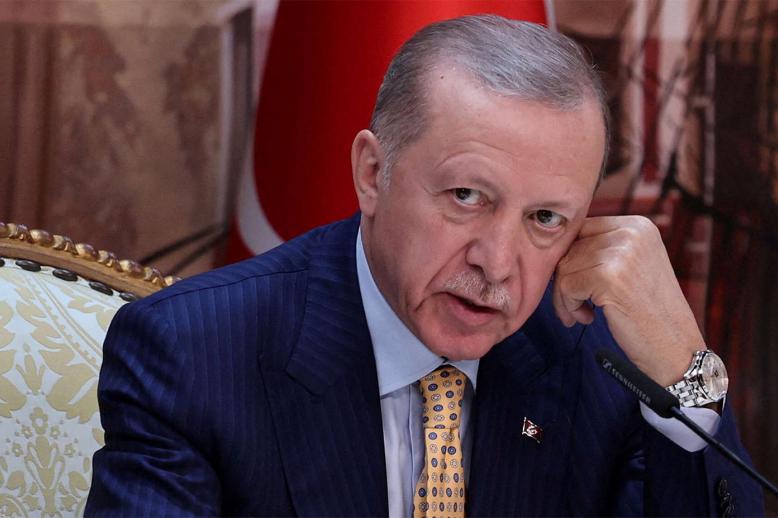The power problem and energy wars
The consequences of using weapons of mass destruction are known to all, regardless of the reasons and pretexts. But the repeated talk of an escalating “energy war” between Russia and the West implies a scenario no less destructive than these weapons. An energy war, as portrayed in the international media, is futile and leads nowhere, because in the long run everyone is a loser.
It is not about the profits of the Russian economy from oil and gas sales, nor the losses from high inflation and recession in Western economies due to record high energy prices and the burden of the cost of living. Energy is not an instrument of conflict in the game of international competition for dominance and influence.
Oil production in Russia has recently returned to the level of the beginning of this year. It has almost reached the ceiling of daily oil production before the start of the war in Ukraine, meaning that the Russia’s economy will not suffer from the sanctions and embargoes imposed by Western countries against its energy exports.
In addition, the Russian economy benefits enormously from the increase in the world price of a barrel of oil as a result of the Ukraine crisis. This is seen as a failure of the energy sanctions policy imposed on Russia before it begins, as European sanctions against Russian oil exports are scheduled to take effect in November.
In contrast, Western economies are suffering greatly from reduced energy supplies from Russia. Western businesses and consumers are expected to hurt the most in the coming months. In recent days, numerous media outlets have reported on what lies ahead for European societies, which will have to prepare for a winter without enough gas because Russian gas supplies have been cut short.
According to some estimates, gas prices would increase fivefold if Russia cuts off its gas supplies to Europe, despite all the possibilities of the world economy going into a massive recession, which of course goes hand in hand with a drop in global demand for oil and gas. Forecasts from the world’s energy giants point to a bitter winter in Europe and a significant increase in energy prices.
Fears are growing that Russia’s Nord Stream 1 pipeline has been stopped ‘indefinitely’ and will not be resumed. Worries run high that Russia will pre-empt a decision by EU countries to cut Russian gas imports by two-thirds within a year. Reason why the International Energy Agency warns about the consequences of stopping Russian gas supplies next winter.
Before the war in Ukraine, EU countries imported about 40 percent of their gas needs from Russia. Gradually, this figure dropped to about 20 percent. Some of this has to do with reductions in Russian gas flows for reasons Moscow calls “technical” and the West calls “political,” while others have to do with policies to reduce Russian gas imports.
But at the end of the day, gas reserves in European gas storage facilities heading into winter are only a little more than half their size. This puts enormous pressure on decision-making in Europe, whether it is about the crisis in Ukraine or other issues.
Next winter is likely to be a watershed in European-Russian relations, as there is reason to believe that European gas storage facilities will not be full before winter due to a reduction in Russian supplies, regardless of what causes that reduction. This puts enormous pressure on European capitals.
The consequences will not be limited to relations with Russia, but could also affect intra-European relations, as positions within the Union are divided over dependence on Russian gas imports.
Germany, for example, believes it can impose a complete ban on Russian oil imports by the end of 2022 (it gets 25 percent of its oil needs and 40 percent of its gas imports from Russia), and therefore intends to tighten sanctions against Russia. In other countries, it looks different. Countries like Hungary oppose any measure that would expose Russian gas supplies to complete disruption.
The situation seems complicated and dangerous at the same time. It is not just a matter of adopting a common European policy on Russian gas imports. It is also about the possibility of European countries violating the EU policy by paying the bill for Russian energy imports in rubles to ensure their continuity, as it is hard to find alternatives that would allow compliance with the European policy.
The European Commission believes that paying for Russian gas in rubles would be a “violation of sanctions” and “unacceptable.” This could open the door for sharp European disagreements in the near future.
Salem AlKetbi; UAE political analyst and former Federal National Council candidate






